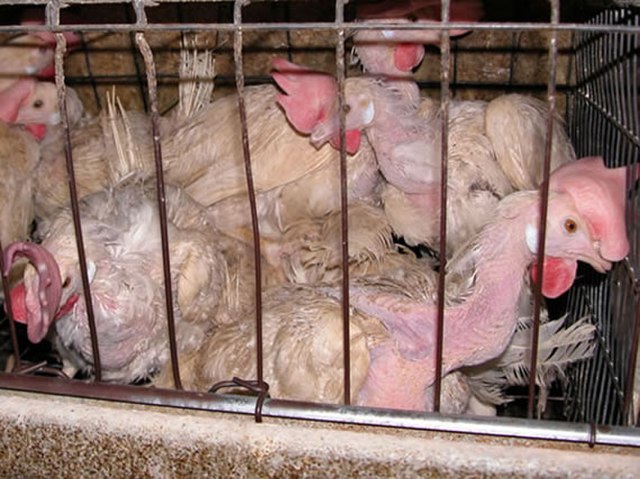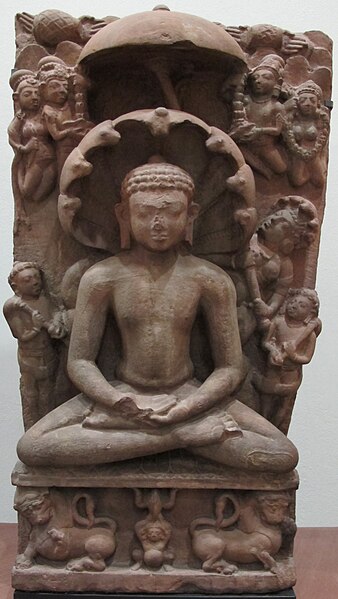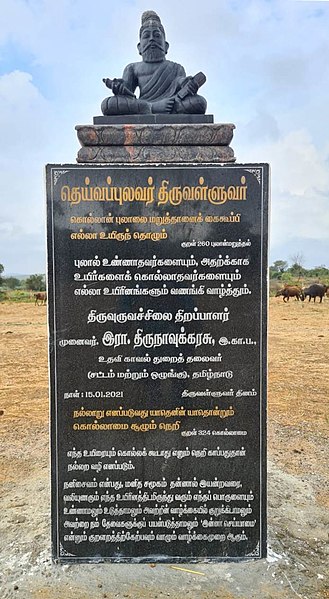George P. Dvorsky is a Canadian bioethicist, transhumanist and futurist. He is a contributing editor at io9 and producer of the Sentient Developments blog and podcast. He was chair of the board for the Institute for Ethics and Emerging Technologies (IEET) and is the founder and chair of the IEET's Rights of Non-Human Persons Program, a group that is working to secure human-equivalent rights and protections for highly sapient animals. He also serves on the Advisory Council of METI.
George Dvorsky
Animal rights is the philosophy according to which many or all sentient animals have moral worth independent of their utility to humans, and that their most basic interests—such as avoiding suffering—should be afforded the same consideration as similar interests of human beings. Broadly speaking, and particularly in popular discourse, the term "animal rights" is often used synonymously with "animal protection" or "animal liberation". More narrowly, "animal rights" refers to the idea that many animals have fundamental rights to be treated with respect as individuals—rights to life, liberty, and freedom from torture that may not be overridden by considerations of aggregate welfare.
A captive monkey in Shanghai
Chickens held inside a battery cage in a factory farm
Parshvanatha, the 23rd Tirthankara, revived Jainism and ahimsa in the 9th century BCE, which led to a radical animal-rights movement in South Asia.
The c. 5th-century CE Tamil scholar Valluvar, in his Tirukkural, taught ahimsa and moral vegetarianism as personal virtues. The plaque in this statue of Valluvar at an animal sanctuary in South India describes the Kural's teachings on ahimsa and non-killing, summing them up with the definition of veganism.





